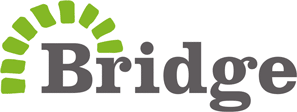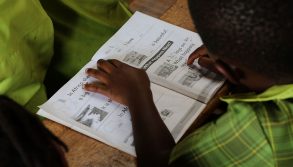How important is literacy to education and development?
13 November 2018
If the world was 100 people, 14 of these could not read or write. This means in 2018, 1.05 billion people are not literate — the equivalent of the combined population of North and South America not being able to read or write!
Furthermore, 250 million children are failing to acquire basic literacy skills; with current statistics showing that 56% of children in primary school are not reaching the minimum proficiency in reading and maths.
These people risk being excluded from full participation in their communities and societies. With the rise of communications tools like email in the workplace and messaging apps like WhatsApp and Facebook Messenger, the written word often dominates our social interactions, be they personal or professional. Failing to be literate therefore limits life chances and hinders an individuals participation in much of the world around them.
Literacy is so fundamental to learning that its importance cannot be overstated — it is the essential foundation of education. The ultimate aim of any education system to the equip its children with the necessary literacy, numeracy and wider skills that they need to take control of their destinies and fulfil their potential.
Director-General of UNESCO, Audrey Azoulay said on International Literacy Day this year:
“Literacy is the first step towards freedom, towards liberation from social and economic constraints. It is the prerequisite for development, both individual and collective. It reduces poverty and inequality, creates wealth, and helps to eradicate problems of nutrition and public health.”
Repeat this analogy, using World Bank data from 2016; and, if Sub-Saharan Africa was 100 people — 36 people would not be literate. The problem disproportionately affects women, who represent two-thirds or 24 of these 36 people. While literacy is improving globally, Africa is the only Continent where more than half of parents could not help their children with homework because they are illiterate.
At Bridge, we have a strong track record of improving literacy in Sub-Saharan Africa with independent reports from Kenya, Liberia and Nigeria confirming that our pupils – and those we support in government schools – exceed their peers. Plus, government exams in Uganda show the same excellent academic results pupils in Bridge schools.
- In Liberia: the learning gains made at Bridge public schools in a single academic year are equivalent to almost 3 years of English instruction. At Bridge public schools, almost 80% of non-readers made this transition compared to less than 50% for traditional public schools
- In Lagos, Nigeria: in literacy, Bridge pupils perform better than pupils at other private schools (by 0.35 standard deviations) and public schools (by 1.38 standard deviations)
- In Kenya: our pupils have learning gains in reading equivalent to an additional 64 days of learning
- In Uganda, 100% of our pupils passed the 2017 Primary Leaving Examination – our first cohort to take exams – making them all eligible for secondary school
These results speak to the quality of our teaching in Sub-Saharan Africa. For context, recent statistics reveal that on average 93% of teachers in Africa did not have the minimum subject knowledge in language to be able to teach — ranging from 66% in Kenya to 100% in Mozambique, Niger and elsewhere.
Our approach is based on empowering and supporting teachers to deliver these great results. We train our own teachers, help develop government employed teachers and work in partnership with teacher training colleges.
It’s essential, in tackling the shortage of literacy in Sub-Saharan Africa, that we start with quality education. The foundation of literacy. This means more than just putting children in classrooms; it means that they must be learning when they are there — with teachers who are both confident and competent.
Until the day that everyone in the world has access to a quality education, it’s likely that for 14% of the planet – rising to 36% of Sub-Saharan Africans – #ILoveToWriteDay will continue to pass them by, along with a lifetime of possibilities.









